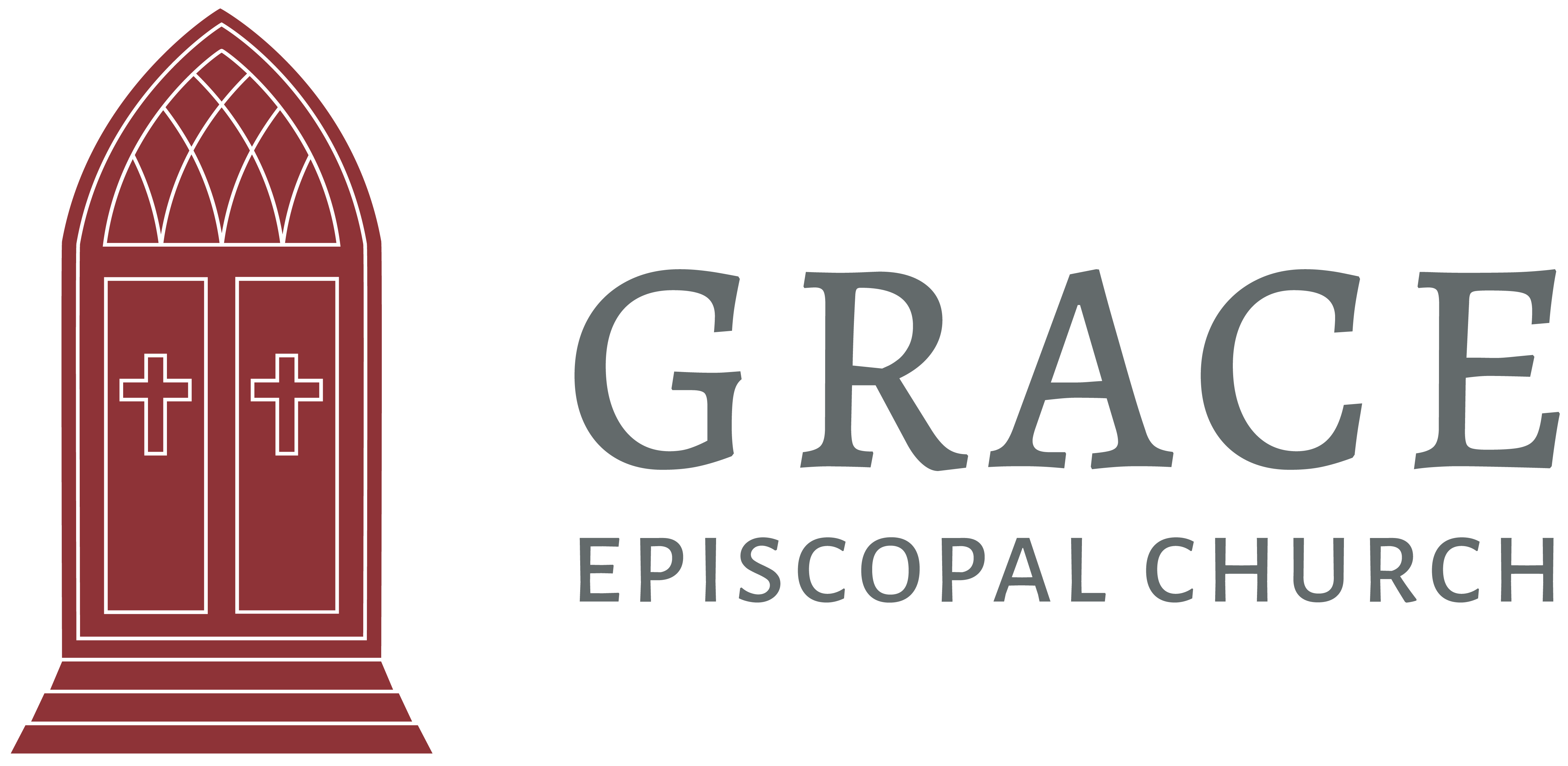Psalm 30, 32; Ezra 4:7,11-24; Philemon 1-25; Matt. 12:33-42
There’s a tiny bit of a pun going on in Philemon. Greek has undergone a number of what are called “vowel shifts” through its long history, with sounds changing in people’s mouth but staying the same in writing. So, for instance, classical Greek has two “e” and two “o” letters, but in modern Greek those four letters only make three sounds between them, one of which is definitely not the same as it would have 2000 years ago. English-speakers should get this: our language is full of silent “gh” and “wr” that don’t need to be there today, but once had full sounds of their own.
So, in Philemon, when Paul says that Onesimus, the runaway slave he’s befriended, was once useless but is now useful, he’s punning on the guy’s name (onesimus means useful). But he uses a different word than “onesimus.” The word he’s using here is “xryston.” He used to be a-xryston (useless) but is now eu-xryston (useful). And here’s where the pun lies: that “y” vowel, sometime around the time of Paul, started sliding into the same sound as the vowel “i.” Take out the y, put in an i, and you have “not Christian” and “good Christian.” Onesimus isn’t just a runaway: he’s a newborn believer. If you went to a Greek church today and they read this, that’s what it would sound like to everyone in the room. And what a great thought it is: that by finding liberty from slavery, Onesimus has also found Jesus–and is now willing to serve Paul, or Philemon, or whoever Christ points him to. Not as a slave, but as a servant, a brother, a fellow-believer
